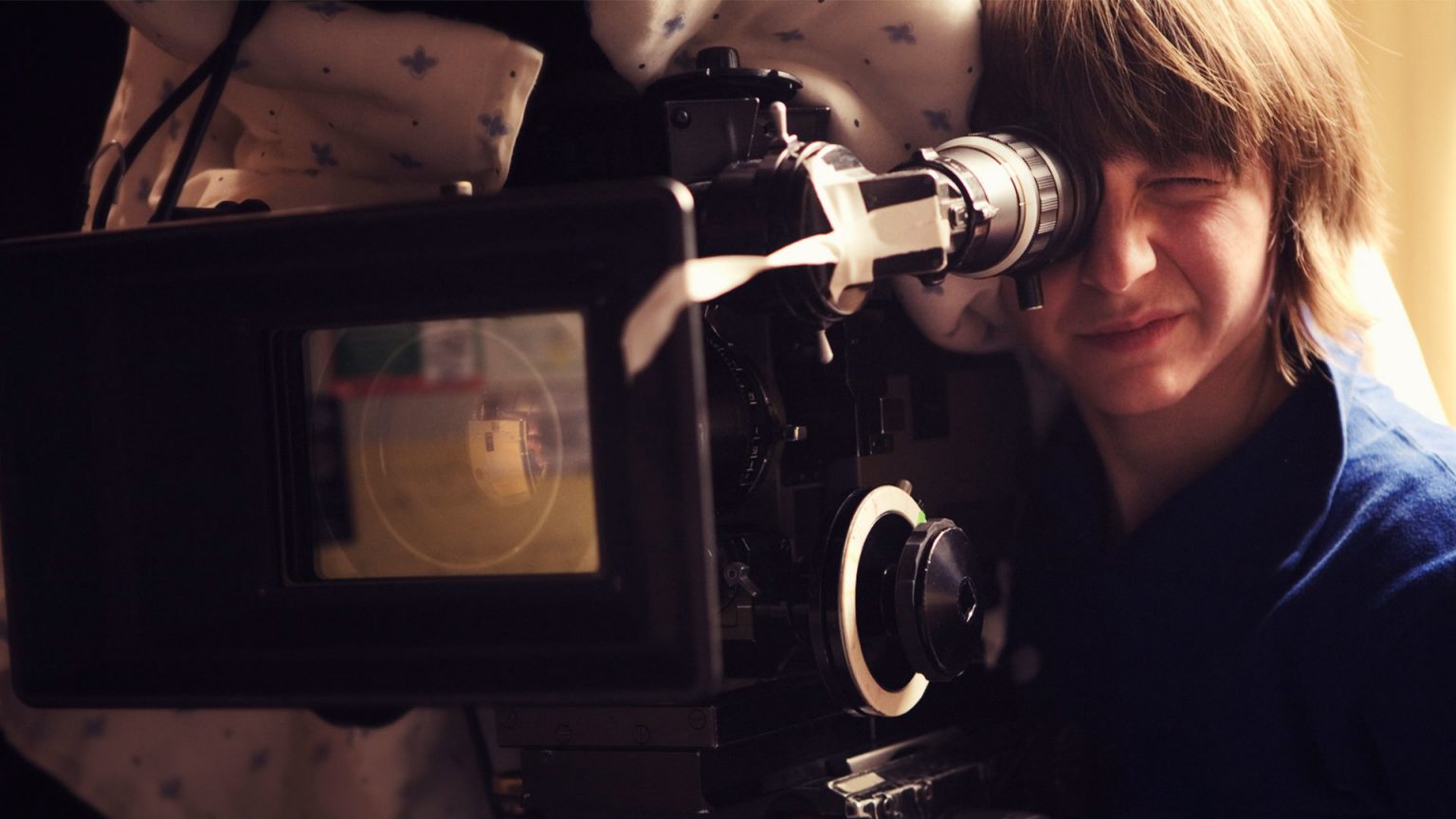Movements like Times Up, Me Too, and Inclusion Rider are helping the world finally take notice of the glaring absence of women filmmakers from our neighborhood cineplexes, favorite award ceremonies, and our film school curricula. Thumb through a major newspaper today and you’ll be hard-pressed to find a piece of writing about women in the American film industry that doesn’t cite statistics from the Center for the Study of Women in Television and Film. After reckoning with Hollywood’s long-standing abuse of power, we now must reckon with parity. If equality at the top of the major studio food chain is indeed something we desire, we’ve got a long way to go: of the top 100 grossing films of last year, women comprised merely 8% of directors, 10% of writers, 2% of cinematographers, 24% of producers, and 14% of editors. These statistics are not much better in other countries.
To acknowledge the numbers is to acknowledge the work that ‘could’ve been.’ As actor Natalie Portman stated in a recent interview with BuzzFeed, “Let’s talk about the vast art trove we’ve lost by not giving women, people of color, people with disabilities, and the LGBTQ+ community opportunities—let’s talk about that loss for all of us in art. Let’s talk about that huge hole in our culture.” That void won’t rectify itself overnight; it’ll require a two-pronged approach that brings new creatives into the fold, while celebrating those who’ve been working, thanklessly, for decades.
In celebration of International Women’s Day, we present seven faces, seven names, and seven different ways of seeing the world.
Asia
Huang Shuqin
China
In 2013, the First China Women’s Film Festival (CWFF) was launched. Almost immediately, programmers realized the dearth of resources for mainland filmmakers: of the twenty-three films screened, only four—two shorts and two documentaries—were made by native women. There is room for improvement, and CWFF was there to kick-start the conversation. Huang Shuqin, daughter of nationally acclaimed director Huang Zuolin, had early access to the means to make movies and the opportunity to screen those movies internationally. She is renowned for her Golden Rooster-winning film Woman, Demon, Human (1987): the first Chinese picture to be narrated entirely from a woman’s perspective.
Africa
Pocas Poscoal
Angola
Born in Angola in 1963, Pocas Pascoal experienced her country’s civil war first-hand. After studying film in France, she returned to make All Is Well (2011), a touching semi-autobiographical drama about two sisters who head to Lisbon in the summer of 1980 to escape the devastating armed conflict.
North America
Sydney Freeland
United States
Trans filmmaker Sydney Freeland burst on the scene at Sundance in 2014 with Drunktown’s Finest, a story of three wildly different Native American reservation denizens who struggle to live with one another and the rough living conditions they’ve been handed. Freeland’s work isn’t afraid to grapple with—or provide solutions to—conflict.
South America
Mariana Rondón
Venezuela
Educated at the Escuela Internacional de Cine y Televisión in Cuba, Mariana Rondón’s work is committed to telling the story of an intricate country that is usually overshadowed by headlines about government corruption. In her award-winning 2013 feature Pelo Malo, a young boy in Caracas attempts to straighten out his gender presentation, heritage, and culture by straightening his curly, Afro-centric hair.
Antarctica
Pom Oliver
With a little over 1,100 people living on its sprawling 14,000,000 kilometers, Antarctica isn’t the sort of place you’re likely to find many filmmakers of any gender. However, the British producer Pom Oliver, who is behind Australian favorites Cathy’s Child (1979) and Hoodwinked (1981) spent a nice chunk of the 1990s there on the expedition, eventually returning home to continue her production work and encourage others to take up their own journeys to unseen lands.
Europe
Céline Sciamma
France
A graduate of La Fémis in Paris, Céline Sciamma’s work largely explores burgeoning girlhood and the ways that adolescence can be its own revolution. With Water Lilies (2007), Girlhood (2011), and Tomboy (2014), she forged a masterful trilogy of films that gently touch on feminine, queer, black, and trans identities in present-day France.
Oceania
Merata Mita
New Zealand
A number of women have made their mark on New Zealand’s film industry, including Jane Campion (The Piano) and Fran Walsh (Lord of the Rings). Lesser known is the indigenous documentary filmmaker Merata Mita, who was committed to amplifying the stories of human rights victories and tragedies around the world. Her 1983 film Patu! depicted one of the earliest anti-Apartheid uprisings in South Africa. Merata passed away in 2010, leaving 25 years’ worth of work with us.
Continue the celebration of fantastic women in film by checking out our recent interview with Juliette Binoche, our featurette on Elizabeth Banks, our ode to Jennifer Lawrence, and our list of the best actresses ever to get snubbed for an Oscar.




